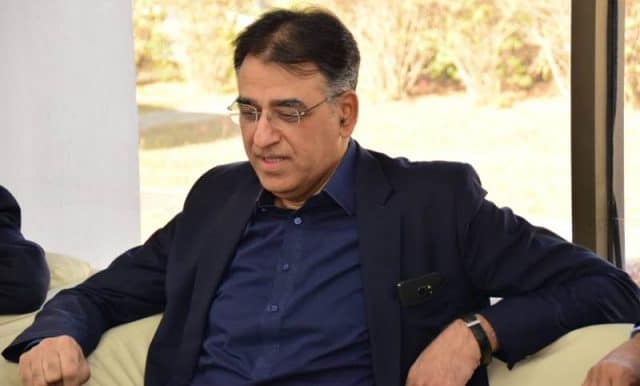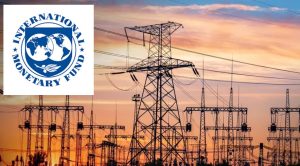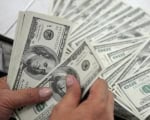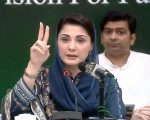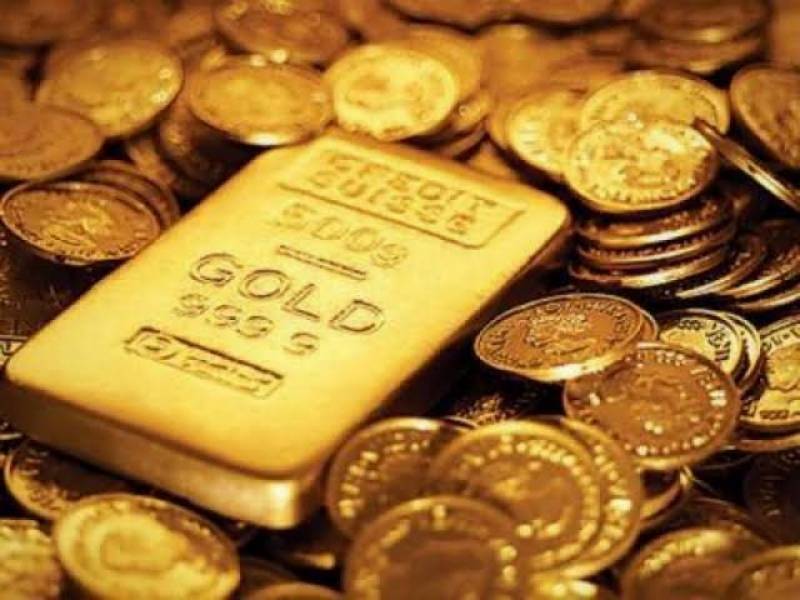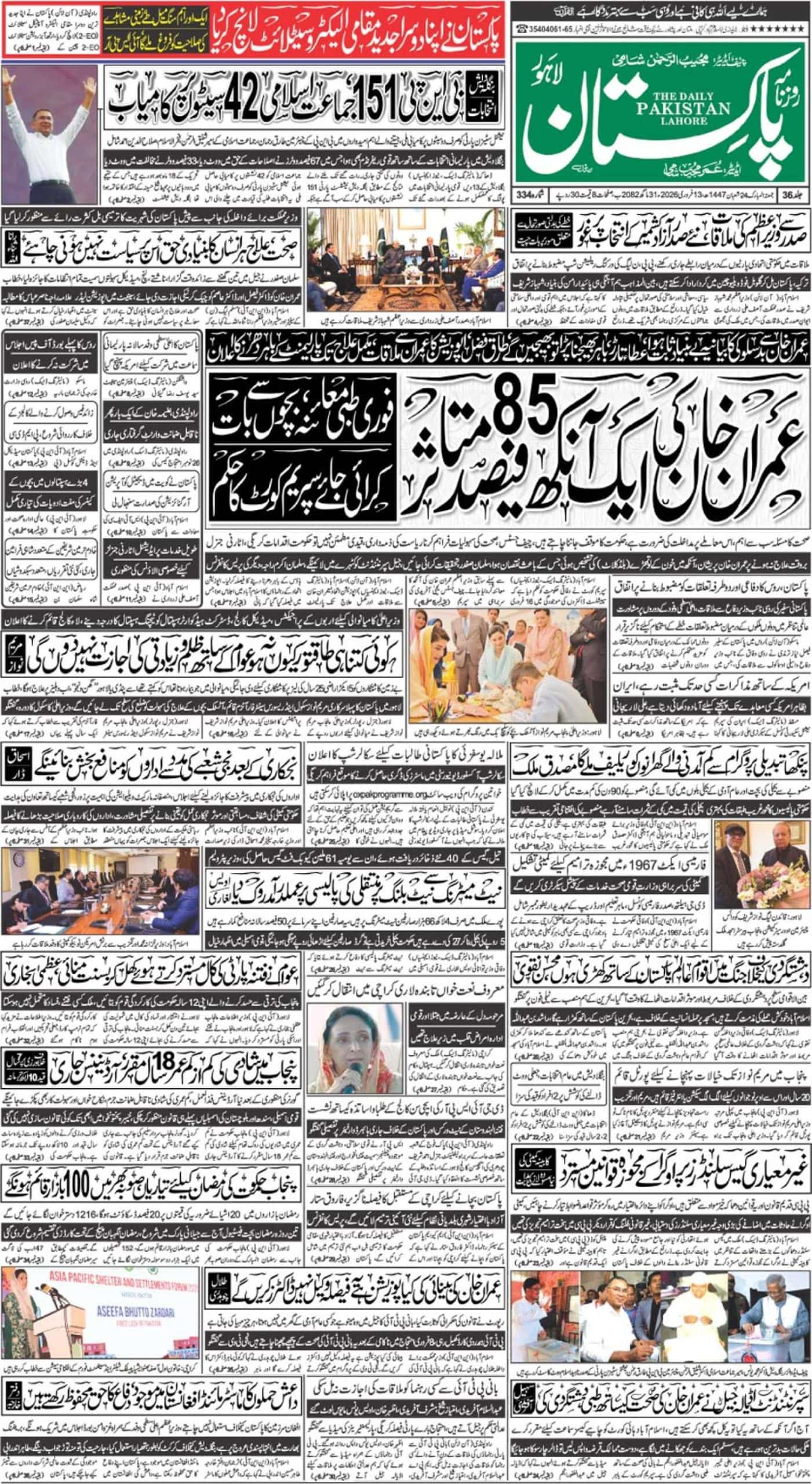“Tabdeeli Sarkar nay awam per mehengai Kay pahar tordiyay”.
Heard this on a news channel when ECC increased the fuel prices last month.
This gives an impression to the general public that this increase in fuel prices was done at the behest of the government to overburden the people. There’s no doubt that the increase in fuel prices makes things difficult for the entire public as the prices of utilities and food items increase. At the same time ,the public should also be briefed about the on ground situation and the reasons that led to the increase in fuel prices.
The fact of the matter is that the government has no control over the increase in fuel prices because Pakistan is a fuel importing country.
As of July 2018 when this government came into power, the price of Brent Crude Oil in the international market was $58 per barrel which is around $70 today. Devaluation of the Rupee against USD is also one factor causing the increase in fuel prices. This recent increase in the fuel prices which was once $24 per barrel in the international market is due to imbalance of demand and supply in the international market. This imbalance in the global market is due to the cuts in supply by OPEC (Organization of the Petroleum Export Countries).
In the recent past, Qatar has pulled out of OPEC, Saudi Arabia slashed oil supplies along with Bahrain which is expected to add more cuts to their supplies. OPEC’s supplies sank to a four year low in March when the number of barrels per day decreased by 280,000.
Another major reason for the decrease in supplies is US’ sanctions on Iran and Venezuela. Besides this, Pakistan’s transportation costs have also increased as the oil vessels carrying oil to Pakistan belong to Foreign Cargo carriers due to which Pakistan has been paying $6 billion annually. Pakistan’s reliance on Foreign Cargo Carriers increased due to its own vessels being grounded. Finally the Ministry of Maritime Affairs has taken up this issue and has started working on the restoration of Pakistan’s oil vessels.
The Government of Pakistan can only control the tax rates on the oil prices.
According to the Data provided on OGRA’s website, PTI’s Government has charged the least amount of taxes on Petrol in its first 10 months as compared to PPP’s and PML-N’s Government in their first 10 months.
The average number of percentage of taxes charged in PPP’s tenure in the first 10 months was 34%, in PML-N’s first ten months it was 23% and in PTI Government’s first 10 months it was 21.60%. The incumbent government has charged the lowest percentage of taxes despite the increase in prices globally and Rupee’s devaluation against the US Dollar.
Statements of the country’s Former Finance Minister Asad Umar are often quoted wherein he protested against the previous government for selling fuel at a high price despite fuel being cheap in the global market.
If we look at the figures of E-10 Gasoline’s prices on OGRA’s website for February 01 , 2016, it is clear that he wasn’t wrong because the petrol price per litre without taxes was Rs 46.8 and the total taxes (PDL + GST) were Rs 24.5, 52% of the price per litre without taxes and the taxes on Diesel were 101% of its price.
PTI in their election manifesto promised to decrease the percentage of taxes on fuel and they fulfilled it which is proven by figures on OGRA’s website.
Despite the increase in fuel prices,the incumbent government has given an estimated tax relief on fuel of around 130 Billion Rupees which is one of the main reasons of the deficit in tax revenues.
Facts should be correctly reported to the public and they should be told about the tax relief given to them by this Government. PTI’s government should be given credit for giving a tax relief to the general public despite a huge economic crisis and they should be appreciated for not over-burdening the people by increasing the taxes and decreasing the shortfall in tax revenues.

